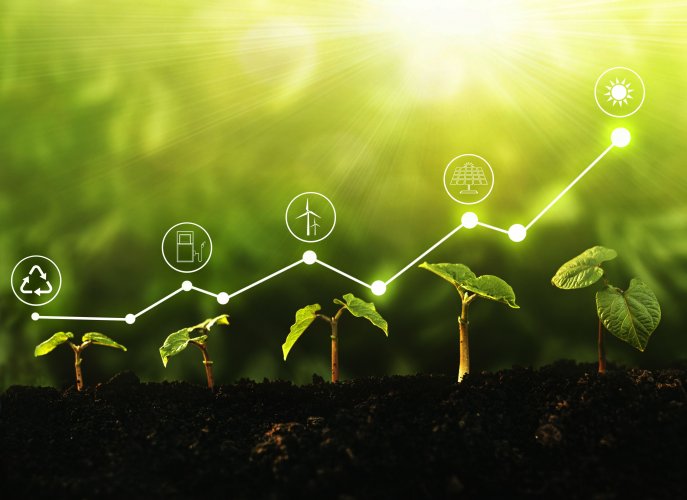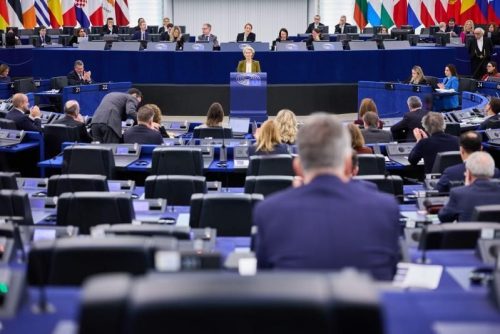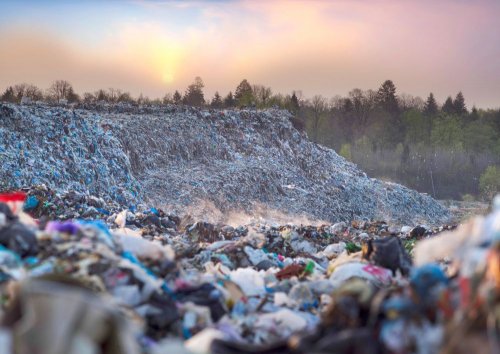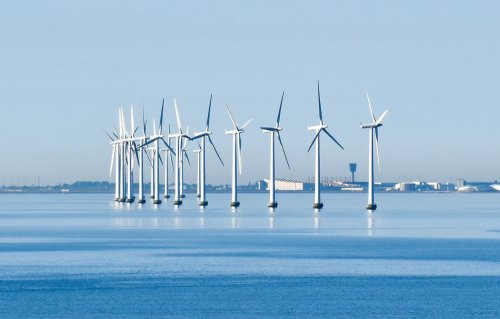A study by Polish economists has shown that, according to some indicators, a number of EU countries have already achieved the seventh UN Sustainable Development Goal by 2030, i.e. in the field of sustainable energy, during 2020-2021.
Also, all member states have made systematic progress on sustainable energy during this period, The Guardian reports.
It is noted that the 7th Sustainable Development Goal provides for:
- affordable electricity for all;
- increasing the number of renewable energy sources;
- advanced research in the field of green energy.
The authors combined the seven indicators to obtain a single measure of countries' progress toward the goal. The European Commission set target values for three of them, and for the rest economists took the level achieved by the top 10% of EU countries in 2015.
The study showed that the following countries came closest to achieving the goal:
- Sweden;
- Denmark;
- Estonia;
- Austria;
- Malta;
- Cyprus;
- Latvia;
- Belgium.
They found the least progress in Bulgaria. However, differences in the achievement of goals between individual EU countries are clearly decreasing.
It is noted that in 2021, at least one of the indicators of the energy goal was achieved:
- Spain, Malta and Portugal – by the average amount of energy that a person consumes in a household;
- Denmark, Ireland and Luxembourg – on energy productivity, which compares the size of the economy to the energy it consumes;
- Sweden, Finland and Latvia – obtaining 40% of final energy consumption from renewable sources, including hydropower and wood burning.
"Progress achieved by individual countries may be more relevant than their final results," the researchers emphasized.
It is noted that in recent years, the EU has accelerated the transition from fossil fuels to cleaner energy sources in an attempt to reduce its dependence on Russian gas and become the world's first climate-neutral continent. In particular, at the end of February, the European Commission recommended that member states take voluntary measures to keep gas demand low. The EU aims to reduce such demand by 15% of the average level in the five years before Russia's full-scale invasion of Ukraine.
Earlier, EcoPolitic wrote, that in 2015, all 193 members of the United Nations adopted the 2030 Agenda, which takes into account the 17 Sustainable Development Goals.
As EcoPolitic previously reported, in 2023, experts from the European Sustainable Investment Forum (Eurosif) criticized the European Commission for reducing ambitions in the draft Sustainable Development Reporting Standards (SDRS).





